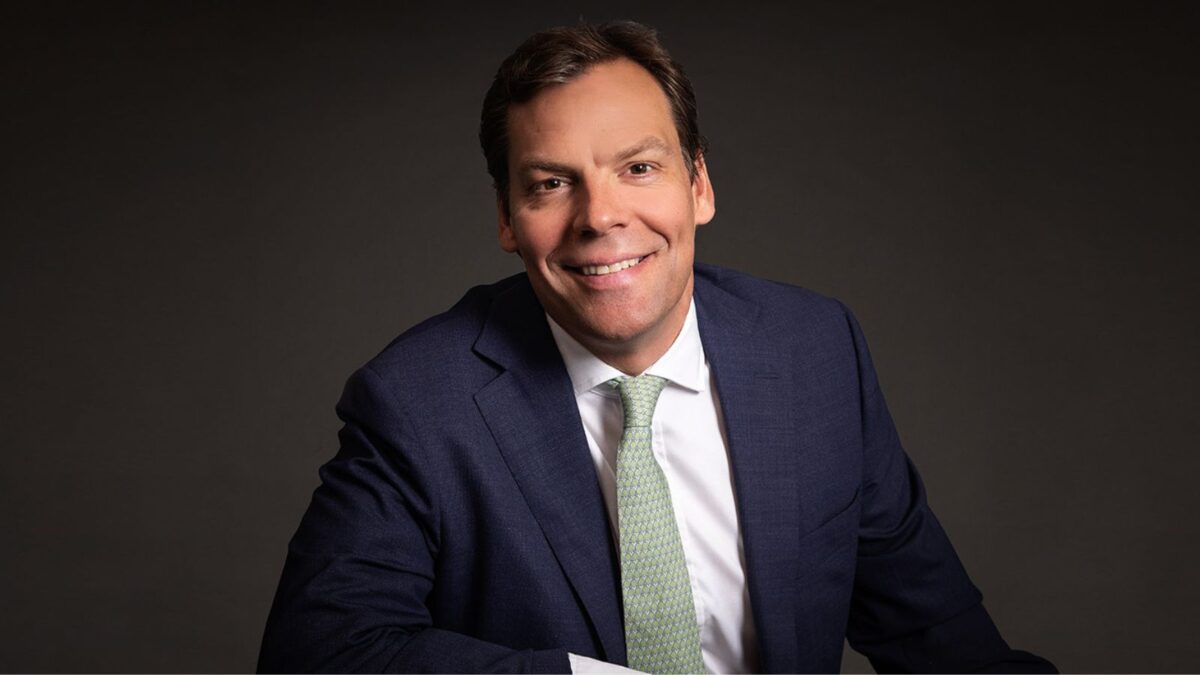Outsourced trading adoption goes from reactive to proactive, but control doubts remain
Less than a decade ago, the use of outsourced trading was the sole domain of hedge funds and boutiques that wanted (or needed) a simpler operating model and a smaller cost base.
But it’s increasingly seen as the “future state” of asset management, and the optimal operating model for everything from massive sovereign wealth funds down to investment minnows, according to Rob Arnott, head of brokerage for APAC at Northern Trust .
“Five years ago, outsourced trading was definitely seen as a reactive measure; today it’s far more proactive,” Arnott tells ISN. “If trading isn’t a core part of your operating model, why would you own that capability? Liquidity in the market is becoming increasingly fragmented, you need more technology to access it – which comes with a cost – and outsourced execution allows managers to benefit from the scale of their provider. It enables managers to redeploy that capital on what they should be doing, which is generating alpha.”
Arnott thinks that outsourced trading represents the third great outsourcing trend, following on from custody and middle-office functions. Northern Trust’s own efforts began with its acquisition of Aviate in 2016, which gave it a global brokerage footprint. Since then, uptake has been driven by client need to cut costs and simplify their operating model, and a reaction to regulation: the EU’s Markets in Financial Instruments Directive was a “significant catalyst” for the unbundling of execution and research, while the shorter settlement window of T+1 is more challenging for managers outside the US. And some firms that have gone with Northern Trust’s solution sometimes just want to keep up with what they perceive to be a changing operating environment.
But control – or rather, the perceived loss of it – lingers as a key obstacle to further adoption.
“One of the key pushbacks we have is that concept of losing control,” Arnott says. “But we’ve not had an instance where a manager has outsourced and that lack of control is something they’ve had to unpick. We know managers like to maintain that broker connectivity, which changes.”
The way managers pay for research also changes under an outsourced solution, and many feel a loss of connectivity as a result. But Arnott questions whether too many managers are paying too many brokers too much for research.
“Separating what you’re paying for execution and what you’re paying for research is a very cathartic exercise that really focusses you on where you’re getting value. We’ve only seen good outcomes from managers who’ve gone down the list and said ‘we’re paying 20, 30 brokers for research – but what do we really get the value from?’. There’s an inevitability that they could lose a little bit of that connection, but they’re getting it elsewhere.”
But super funds – famous for their obsession with cutting fixed costs – have so far stayed away from outsourced trading, preferring to handle their own operations.
“You need to get to a certain scale, and it’s clear that once you get over $100 billion that’s where (super funds) have really started internalising management,” Arnott says. “But the size of their funds growth has been so dramatic that they’ve taken the view that they want to own that trading capability in-house. We haven’t seen them outsource that trading function – for now, they’re keeping it in-house.”
“The difference between them and some of the larger funds we’ve seen outsource execution is that the cost isn’t something they want to mitigate. They have other areas of focus – by bringing funds in-house they’ve already created quite a significant saving. But I think mature asset managers are increasingly looking at the trading function and questioning if they want to keep it in-house.”











